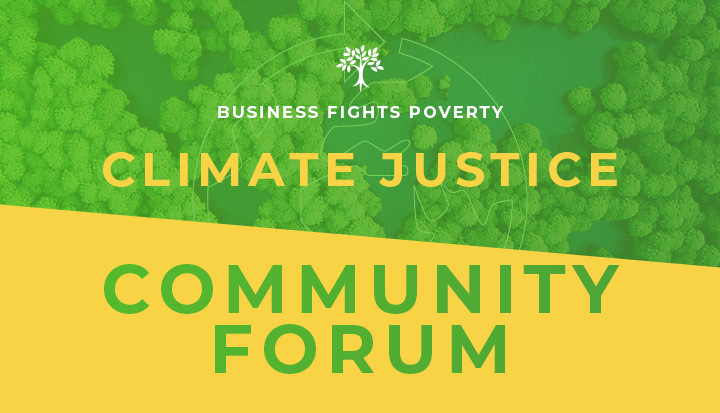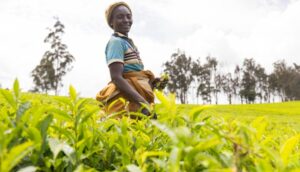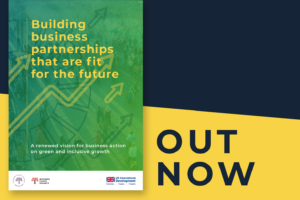CARE firmly believes that inclusive economic development is at the core of eliminating extreme poverty and injustice. So we welcome DFID’s focus on this agenda and their long-awaited strategy, published this week. What we are most concerned about now, though, is how it will deliver for the world’s poorest women.
We should be cautious about the strategy’s heavy focus on trade, UK interests, the City of London and the huge injection of funds to the CDC. Nevertheless, there is a lot to be positive about. The strategy recognises that inclusive growth depends on tackling the barriers poor people face, from unpaid care and low wage jobs to access to land. There is a recognition of the need for different approaches in fragile contexts and a focus on informal sectors, where the majority of poor people work. There is welcome mention of cash transfers and social protection. On the macro level, there’s a commitment to make trade deals work for the poor and a welcome reminder that there will be no return to tied aid.
Some will never agree that DFID should spend its money on anything other than basic services and education and will always dislike the idea that private finance should help pay for development. But at CARE we are clear that economic development does matter – particularly for women. Gender equality will never be achieved while women have fewer economic rights, less control over economic resources, and less access to economic opportunities than men. Worldwide, fewer than half of women have jobs, compared with almost four-fifths of men. Women continue to earn significantly less than men, and undertake three times more unpaid work than men. Women also tend to be over-represented in the informal sector and in lower paying sectors and lower paying occupations, where they are vulnerable to abuse.
CARE’s Women’s Economic Empowerment strategy aims to enable 30 million women to have greater access and control over their resources by 2020. We focus our work around four main pillars to achieve this. How does the DFID strategy square up against it?
Financial inclusion: DFID has long supported efforts to expand and deepen financial inclusion and the DFID strategy acknowledges that regulatory barriers need to be broken down and new technologies are needed to help improve access. They have also agreed to measure women’s access to finance. This is very welcome given that their current efforts reach more men than women. We would like to see DFID set a target here – after all, currently 1.1bn women are unbanked. We would also like to see more UK banks with a global reach develop products and services that will benefit low-income women customers.
Dignified work: CARE uses the term dignified work – we take the ILO definition of decent work one step further – but the DFID strategy talks about ‘quality’ jobs. Whilst we welcome the need for ‘more and better’ jobs we need to know what exactly that means and crucially how they will track the number of jobs they create for women. At least 50% sounds a sensible starting point. We also need to see targets set by CDC and indeed other government departments that are spending aid money on the ‘prosperity agenda’. Given the huge increase in investment to CDC we need to see an enhanced ability to measure the impact of the jobs strategy on women and other excluded groups, as well as to consider risks around human rights and sustainability. The CDC cannot be less transparent on these issues than DFID or other NGOs.
Women in value chains: DFID have placed a strong and welcome emphasis on this in the strategy, but it needs to focus on those value chains that incorporate the most women, rather than whether or not the global supplier is British. DFID emphasise the role of smallholder famers in agriculture in the strategy but perhaps of equal importance are the small and medium size micro-enterprises being linked into global supply chains (something we recently looked into with SAB Miller and others).
Entrepreneurship: We welcome the acknowledgement of the informal sector in DFID’s strategy. The reality for many women for some time will be that millions who might want good jobs will, out of necessity, have to make their own living as entrepreneurs. Some of them will have a real talent for it and for some it will be a survival necessity. Potentially linked to this agenda, we see no reason why DFID shouldn’t consider developing patient/returnable capital projects with NGOs and social entrepreneurs – it doesn’t all have to go through CDC.
Time will tell if this strategy delivers for women. The proof will be in how the huge amounts of money are spent and tracked (both the £1.8bn at DFID and the potential huge new injection of £6bn to CDC). And we will all – NGOs, companies, developing country governments, and more – have to hold DFID accountable for making it happen.










